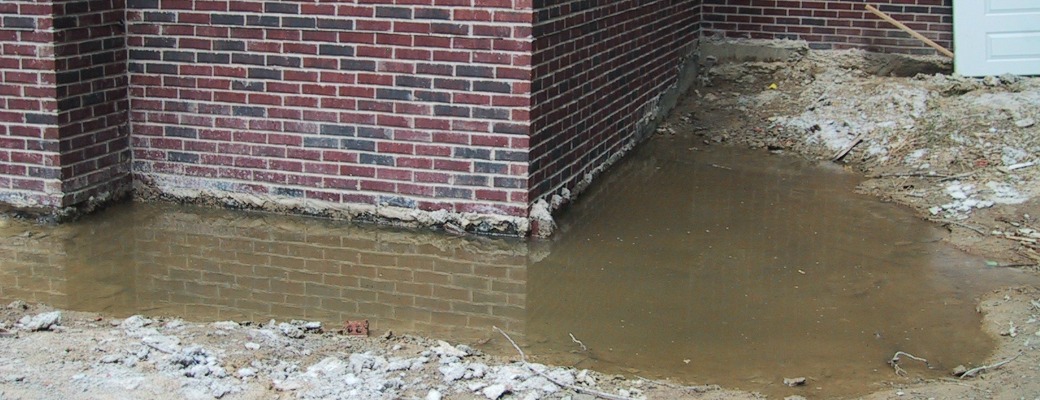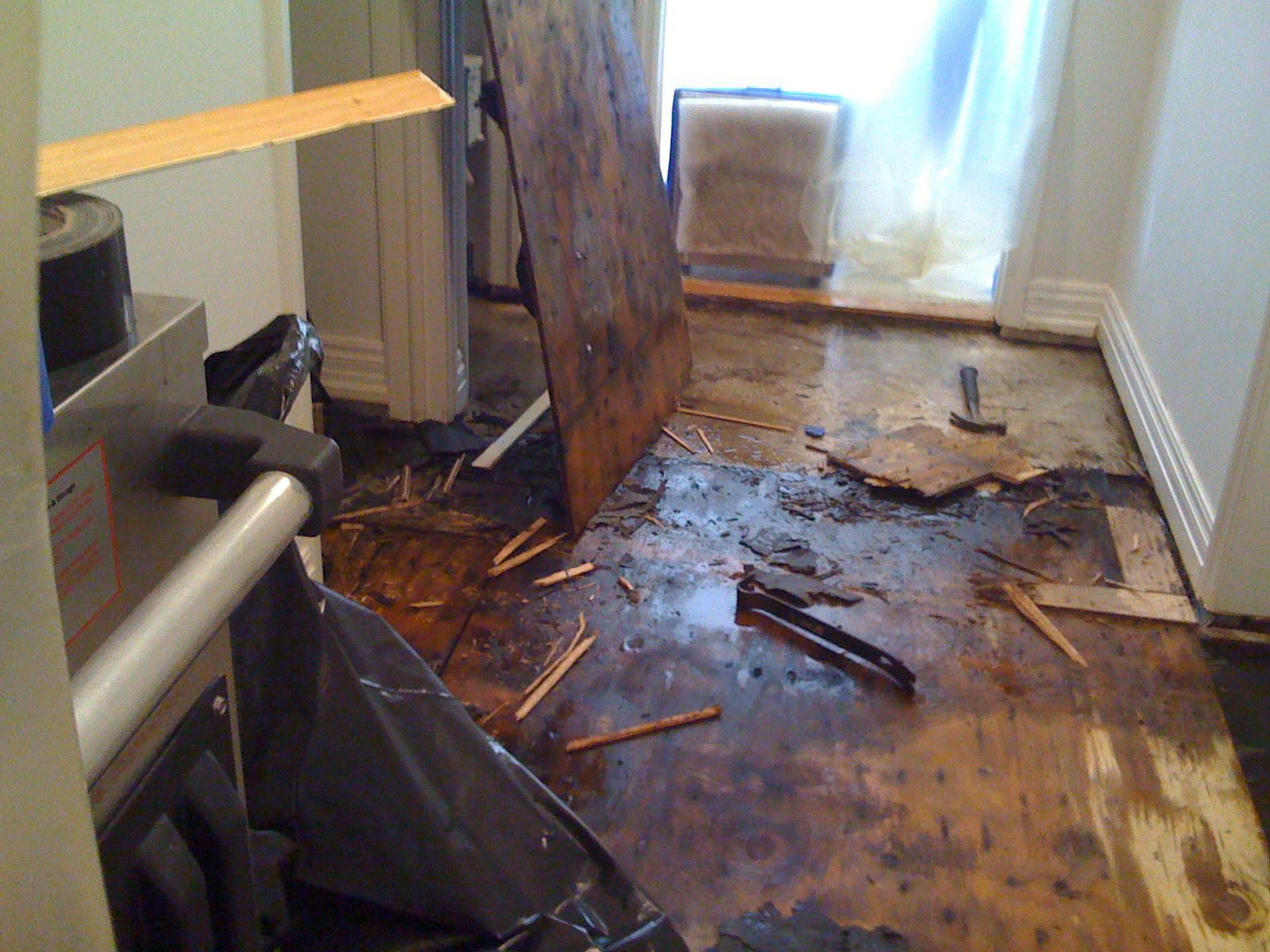4 Practical Strategies to Stop Underground Water Destruction to The Residence
4 Practical Strategies to Stop Underground Water Destruction to The Residence
Blog Article
This post listed below involving Hacks to detect leaks is rather enlightening. Don't overlook it.

Environment change as well as global warming have actually harmed the area. As soon as risk-free have actually experienced more flooding as well as groundwater breach, numerous locations that were. The latter can infiltrate your residence even prior to it breaks through the surface area.
Knowing what indicators to keep an eye out for can aid you reduce water damages. You should likewise examine all your pipes to capture any kind of visible leakages. If your cellar is always damp, it's highly most likely that groundwater is coming in from below your residence or nearby.
Enhanced groundwater makes your house a lot more susceptible to floodings when it rains. Don't despair, since you can still stop groundwater from harming your cherished house.
Prioritize Waterproofing the Basement
Don't wait before it's far too late. Flooding should not need to enter your home before you waterproof the cellar or crawlspace. When there's still no rainfall, it's finest to start. If you dilly-dally, it will result in a significant issue when groundwater breaks in with rain and also flooding.
Fill the cellar with even more concrete to prevent any concerns triggered by groundwater. Since you need to prep the area and also remove all the products stored there, this takes prep work. Making this a priority is the best, long-term option. Pouring concrete and also implementing waterproofing steps seals your cellar and protects it from water breach.
Think About Installing a French Drainpipe System
This system features polypropylene tubes. It functions as a network that's line with concrete. Best of all, they do not look obvious due to the fact that these drains appear like a pipe or trench that can conveniently mix where it's put. This system safeguards your home from additional problems due to the fact that it will protect against water from seeping right into your structure.
When you mount this kind of drainpipe system, you secure your structure. As a result, you won't have to worry about significant fixings in situation of water damage.
Invest in Several Sump Pumps
The key objective of this pump is to redirect the water from entering your residence. This can secure your house from rising groundwater.
A sump pump will certainly supply a layer of protection if you really feel anxious about groundwater seeping right into your basement. Because they are very easy and rather inexpensive to mount, many like this. However, take notice of when you use it due to the fact that it can spike up your power costs.
Raise the Home Completely
Raising your house permanently is an efficient remedy to prevent groundwater from coming in. The overall process included developing a brand-new, greater structure to lift the house above the flood zone.
Applying these ideas will certainly assist guard your residence and also belongings against water damage. But if you've done whatever that you potentially can however water still leaks into your home, call a water repair firm right now to help you get back on track.
If your basement is always damp, it's extremely likely that groundwater is coming in from beneath your home or close by.
Raised groundwater makes your home more susceptible to floods when it rains. Do not anguish, due to the fact that you can still prevent groundwater from harming your cherished house. Fill the basement with even more concrete to avoid any type of problems caused by groundwater. A sump pump will supply a layer of security if you feel worried about groundwater seeping right into your cellar.
Tips for removing water and drying your hardwood flooring after a flood
Water and wood just don t mix. If you ve been following the aftermath of Hurricane Harvey or Hurricane Irma, this should come as no surprise. When water sits on top of hardwood floors, it can permanently ruin the hardwood as the wood will absorb the water through its pores causing warping and discoloration. So, if you have a flood or water damage (or even just a spill) on your hardwood flooring, you ll want to remove the water and dry your floors as quickly as possible.
What happens when your hardwood absorbs water?
Wood can get wet (or moist) in a number of ways a flood from outside from the rain, leaky pipes (or frozen pipes), ice damming, a toilet overflow, a leaky roof, a hurricane or storm, an appliance breaks or leaks (e.g. dishwasher or washing machine), a fire (with water used to extinguish the fire), water spills/accidents, pet accidents, a high water table in the ground that then forces water into your sub-floor from the ground.
Will my insurance company cover my water damaged flooring?
Whether or not your insurance will be cover the damage depends on your insurance plan and the cause of the damage. Please note that most homeowners (less than 20%) have flood insurance. So, if the damage was from flooding (i.e. it came from outside the house), there s a good chance you aren t covered.
Use a wet vacuum to suck up all the standing water
You want to quickly absorb as much water as you can. Note: you may want to turn to a professional mitigation company as they specialize on water extraction and have the best equipment. If you choose to do this yourself, here s a wet vacuum I d recommend. Note: keep vacuuming even after you ve removed all visible water as there is still water from the invisible pores in the wood. You ll see that that the wet vacuum continues to suction up water for a while.
Clean the surface with a disinfectant
Remember, you need to prevent mold in addition to preserving your hardwood floors. You should use a non sudsy disinfectant (e.g. Mr Clean). Once you ve finished this, use the wet vacuum again to remove any leftover water.
Use a dehumidifier
Place a dehumidifier in the center of room. If you can get more than one, that s even better. Be sure to clear the water every few hours (and make sure the filter is clean as well). Make sure the dehumidifier runs for at least 24 hrs, but you may need to use it for 2 to 3 days or even longer, pending on the severity of the water. In some cases, it s advisable to use a dehumidifier for several weeks.
Supplement with large fans (and air conditioning)
Accelerate the drying process with fans. Point the fans towards the floor. Also, be sure to open the windows around 2 inches for better air circulation/ventilation (and keep the door open). This will allow excess moisture to evaporate and create more cross ventilation. (If it s raining or extremely humid outside, then keep the windows shut and just keep the doors to other rooms open and use a dehumidifier). Put the fans on the highest level (i.e. full blast) and point them towards the floor. If you have some that oscillate, even better.
https://theflooringgirl.com/blog/save-hardwood-floors-water-damage-flood/

I'm very interested by Top leak detection hacks and I am assuming you appreciated my blog post. In case you appreciated our blog posting if you please be sure to pass it around. We take joy in reading our article about Leaking water lines.
Toilet overflow? Dial! Report this page